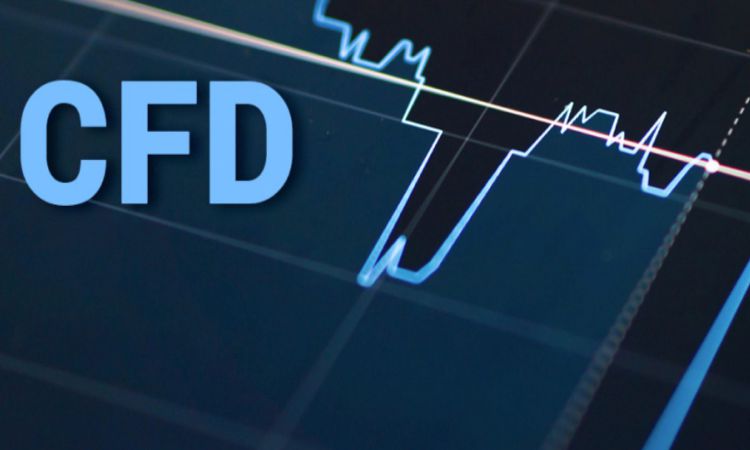 Australia prohibits the trading of CFDs at all times. The official reason is that they believe there is no way to protect retail investors from this type of speculation. Most governments don’t prohibit trading with CF Ds because they are against trading in general, but rather because CFDs themselves pose a serious threat to the financial well-being of residents. The most significant danger is that it can be very easy for investors to lose more than their initial investment when trading CFDs. You can visit this website for more information on this.
Australia prohibits the trading of CFDs at all times. The official reason is that they believe there is no way to protect retail investors from this type of speculation. Most governments don’t prohibit trading with CF Ds because they are against trading in general, but rather because CFDs themselves pose a serious threat to the financial well-being of residents. The most significant danger is that it can be very easy for investors to lose more than their initial investment when trading CFDs. You can visit this website for more information on this.
Why Does CFD Trading Pose Such a Risk to Traders?
CFDs use leverage, which multiplies both gains and losses. This can be extremely dangerous for individual traders without much investing experience. Even the most experienced trader could find themselves over their head when dealing with this kind of speculation.
For example, you could put $10,000 into a trade; the trade itself goes up 10%; you make $100 (1% of your initial investment). The problem is that if the trade goes down by 5% instead, you’ll lose $500 (5% of your initial investment). So even though you made money on your gain, you lost more than that on your loss; in fact, it is twice as much. These are only simplified numbers to explain how CFDs work – the real thing gets much more complicated.
Another reason CFDs are risky is that they can be traded on margin. This means that you don’t have to put up the total value of the CFD to open a position. You can instead borrow money from your broker to cover the cost. So, if you trade on margin and the trade goes sour, you will owe your broker even more money than you originally invested. This could result in bankruptcy if the debt is not repaid.
The Australian Securities and Investments Commission (ASIC) has issued a warning to investors about the dangers of trading CFDs. They state that “CFDs are complex products with a high risk of losing money”. The main reason for this is that CFDs are highly volatile and can result in significant losses in a brief period.
So How Can You Trade CFDs From Australia?
One way to get around Australia’s prohibition against CFD investors is to use a trust account. A trust account allows you to buy and sell everything through one account while maintaining ownership of all assets in the name of a trustee for someone else (you). The trustee then owns the assets under their name, but they legally belong to somebody else – usually, somebody who doesn’t have legal access to them. The point of this structure is so that the asset owner can trade without having to go through a broker.
This workaround was created to help people get around the CFD ban, but it has some potential problems:
- It would be best if you found a trustee willing to help you and who you trust.
- If your trade goes sour, you may not get your money back because the trustee will own the assets.
- Setting up a trust account can be expensive and time-consuming, so it’s not for everyone.
You can find several CFD brokers with Australian offices, but these companies cannot do business directly with individual residents. To trade CFDs from Australia, you need to go through a third-party broker, such as IG Markets. You will be able to access all the international markets and CFD products you desire while complying with local laws.
What Are the Requirements of Trading CFDs Through Third-Party Brokers?
Australia does not prohibit trading CFDs with a third-party broker. However, they require these brokers to provide clients with all the necessary information regarding how CFDs work and their associated risks. In addition, these brokers must offer full disclosure of any fees or commissions that may apply before a person trades. This is meant to prevent investors from becoming angry later on about hidden costs that brokers didn’t disclose upfront. In most cases, verification is required for this kind of trading.
Traders are required to do proper research on third-party brokers before choosing one to trade with. You can then open your brokerage account, transfer money into your account and start trading. You may be required to pay taxes on any gains you make when selling your CFDs, but this will depend on your financial situation, where you live, and what type of trading you are conducting.

